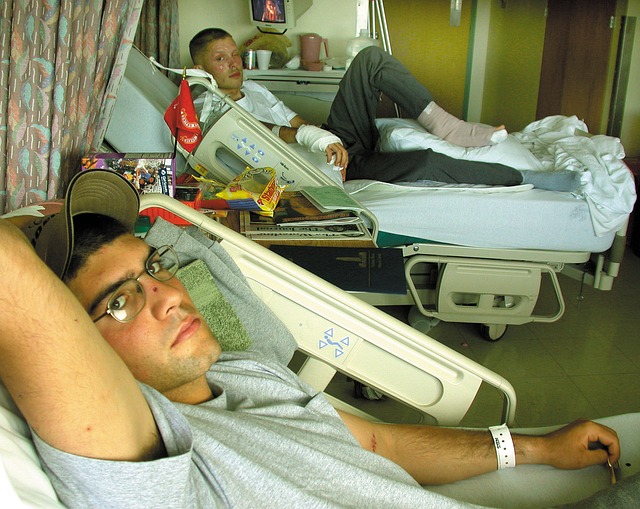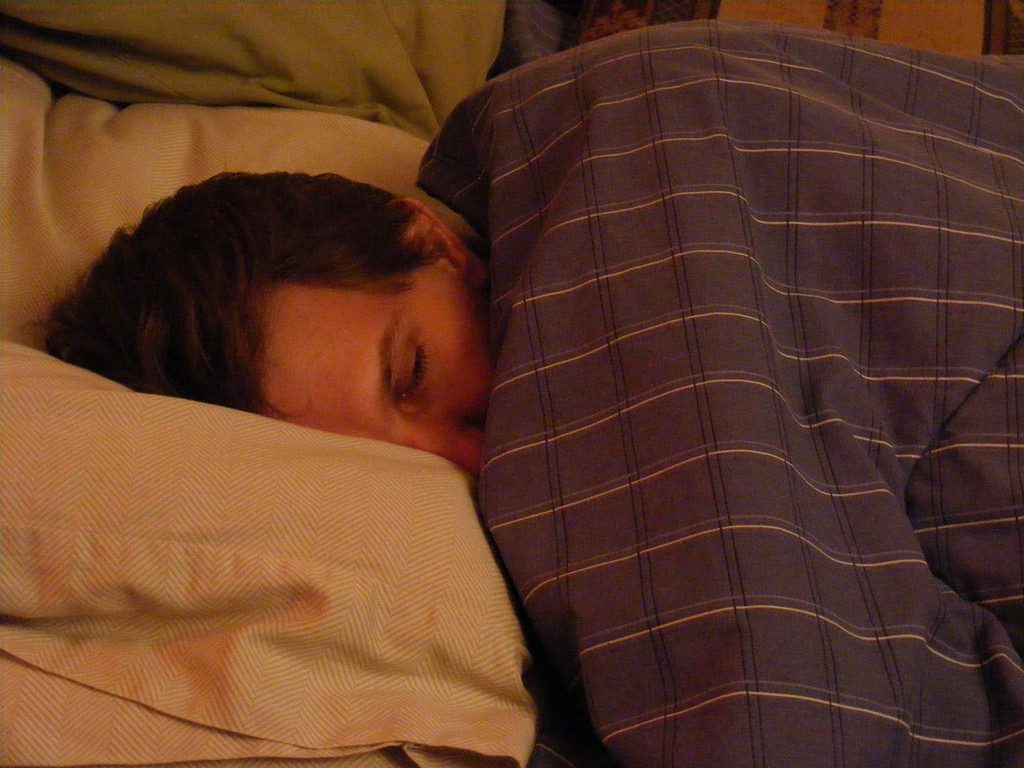After a couple nights of living it up in Thailand, you wake up with a tickle at the back of your throat – oh no. Over the course of the ensuing day, your health deteriorates into a cold or worse, a vicious case of the flu.
Or when you’re out on the town in Mexico, you trip over a cobblestone and wreck your left foot, leaving you unable to walk.
These situations stink, but they happen to every traveller eventually. In this article, we’ll discuss how to deal with illnesses and injuries while abroad.
Notify hostel friends/staff
When you have sustained an injury which severely restricts your movements or an illness which leaves you bedridden, you may need help to do simple everyday things, like eating. When friends or hostel staff know about your predicament, they will be willing to help you out with these tasks.
Delivery is an obvious option, but if you don’t speak the local language, this will be difficult for you to accomplish on your own. Having hostel staff assist you with this will help keep the flow of nutrition flowing to your bedside, so don’t be shy.
A second and more important reason to fill others in on your status: should you suddenly go unresponsive (what you think is a simple case of the flu could be the opening stages of a more serious infection like malaria), they’ll quickly notify medical authorities, an action which could save your life.
Know when to seek out medical attention

Most injuries and illnesses, while hugely inconvenient, are not medical emergencies which warrant phoning 911 (or the local equivalent of this number). The common cold, mild cases of influenza and food poisoning, and mild ankle sprains are examples of conditions which can be managed with a few days of rest.
However, there are conditions and injuries which should be evaluated by a medical professional as soon as possible. These include severe fevers which peak above 103 degrees Fahrenheit, any instance where you are passing blood in your stool or coughing it up, any illness in a country where malaria or dengue fever is endemic, and any animal bite or instance where you sustain a puncture wound (e,g, stepping on a nail) or a possible broken bone.
These are situations which lead many to procrastinate, thinking their condition will improve with the passage of time – often, it does the opposite, sometimes with deadly consequences. When in doubt on how to deal with illnesses and injuries while abroad, head to the emergency department of the hospital nearest to you.
Claim for any related expenses
When you end up having to go to the hospital for the treatment of an illness or injury, this will generate bills. Hopefully, you bought a travel insurance policy before leaving home – if you did, keep all receipts stemming from your hospital stay and phone up your provider to open a claim.
Don’t worry about the process – most holiday sickness claims are straightforward and are paid out within days of being filed with your provider.
Even if your bill is much smaller than you imagined, call your insurance company anyway – you work hard for your money and pay premiums for a reason, so take the time out of your day to claim – you’ll be glad you did.
Upgrade to a private room

Being sick on vacation is terrible – it’s even worse when you are in a noisy dorm room, where nightly battles are fought over the A/C temperature. Give yourself the best environment to make a full recovery (and shield others from your germs) by upgrading to a private room.
Here, you’ll have a quiet, well-furnished, and cool room where you can focus on figuring out how to deal with illnesses and injuries while abroad.
Don’t push yourself
Being struck down by an injury or a bug can be one of the most frustrating aspects of world travel. An amazing destination lies outside the hostel where you are bedridden, but you can’t get out there and experience it.
The temptation to push through despite your compromised condition may be strong, but we advise you to stay where you are, at least for 2-3 nights.
After this period, you may have regained enough strength where you can see and do some things, but if you head out before you’re ready, you risk aggravating your injury or worsening your health, both of which will make your stay even worse, and could land you in the hospital.

